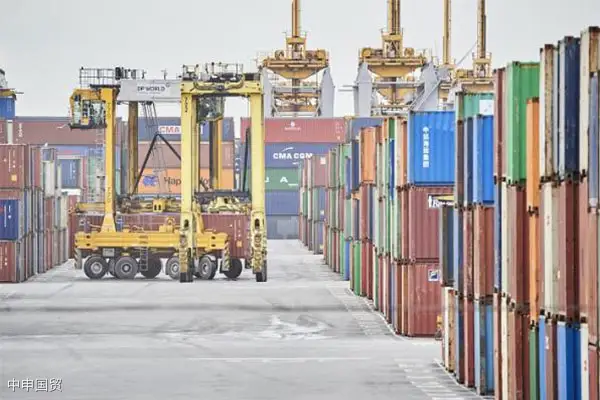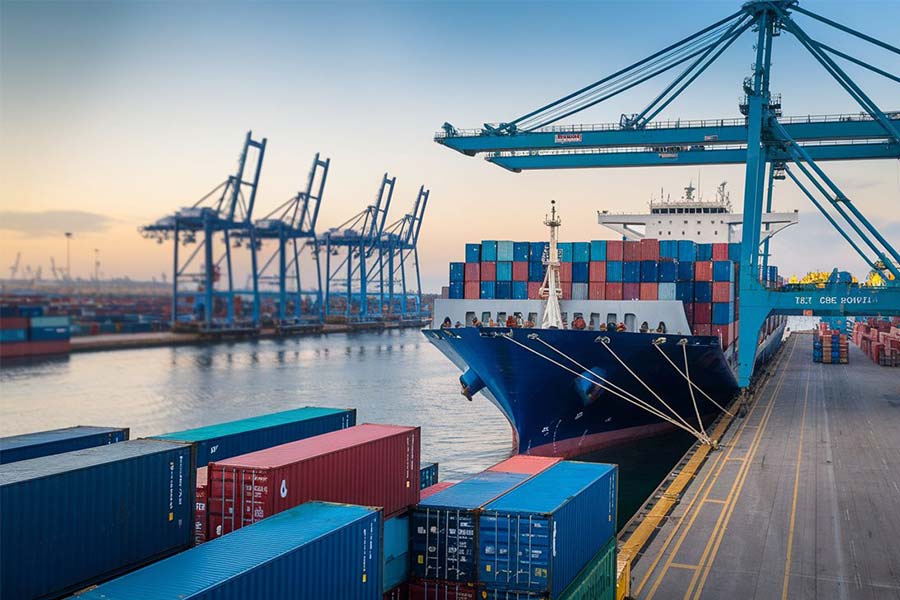- Shanghai Zhongshen International Trade Co., Ltd. - Two decades of trade agency expertise.
- Service Hotline: 139 1787 2118

Contents
ToggleEquipment ImportsSpecial challenges faced
After implementation of the 2025 revised Customs Commodity Classification Rules, industrial equipment imports exhibit three new characteristics:40% increase in technical parameter verification accuracy,22% year-on-year growth in classification disputes,It is recommended to verify through the following methods:300% increase in supporting document checks. A smart manufacturing enterprise importing German precision machine tools incurred 27-day port delays and direct losses exceeding 800,000 yuan due to lubricating system parameter description discrepancies.
Four core values of professional agencies
- Precise classification capability: Handling multi-HS code combination declarations for mechatronic equipment
- Risk management system:
- Anticipating key inspection points of local customs
- Establishing technical parameter verification checklists
- Tariff optimization plan: Comprehensive utilization of free trade agreements and tax reduction policies
- Emergency Handling Channel: 72-hour customs clearance exception response mechanism
2025 agency service selection guide
Recommended for enterprise adoptionFive-dimensional evaluation modelScreening partners:
- Industry experience: Minimum 30 completed cases of similar equipment imports
- Certifications: Must possess AEO Advanced Certification and specialized electromechanical import qualifications
- Service network: On-site coordination capabilities covering major ports
- Technical team: Collaborative configuration of mechanical engineers and customs brokers
- Information systems: EDI capability interfacing with customs new-generation clearance platforms
Comparative analysis of typical service processes
- Traditional Mode:
- Document preparation cycle: 15-20 working days
- Inspection response success rate: Approximately 65%
- Professional agency model:
- Document intelligent pre-review: shortened to 7 working days
- Pre-classification application rate: reached 92%
Key Strategies for Cost Control
An auto parts company achieved through professional agency:
- Accurate application of RCEP agreement tax rates, reducing tariff costs by 14%
- Saved 3 million RMB in bond payments using temporary import-export method
- Avoided anti-dumping duties through classification adjustment, saving 27% in expenses
Special Risk Prevention Tips
Recent typical issues identified by customs in equipment imports include:
- Undervaluation due to unseparated software value declaration
- Missing environmental compliance certificates for used equipment
- Technical parameters not matching CCC certification requirements
It is recommended that enterprises require agents to provideRisk prevention commitment letter, clearly stipulating liability clauses for late payment fees caused by declaration errors.
Related Recommendations
? 2025. All Rights Reserved. Shanghai ICP No. 2023007705-2  PSB Record: Shanghai No.31011502009912
PSB Record: Shanghai No.31011502009912










